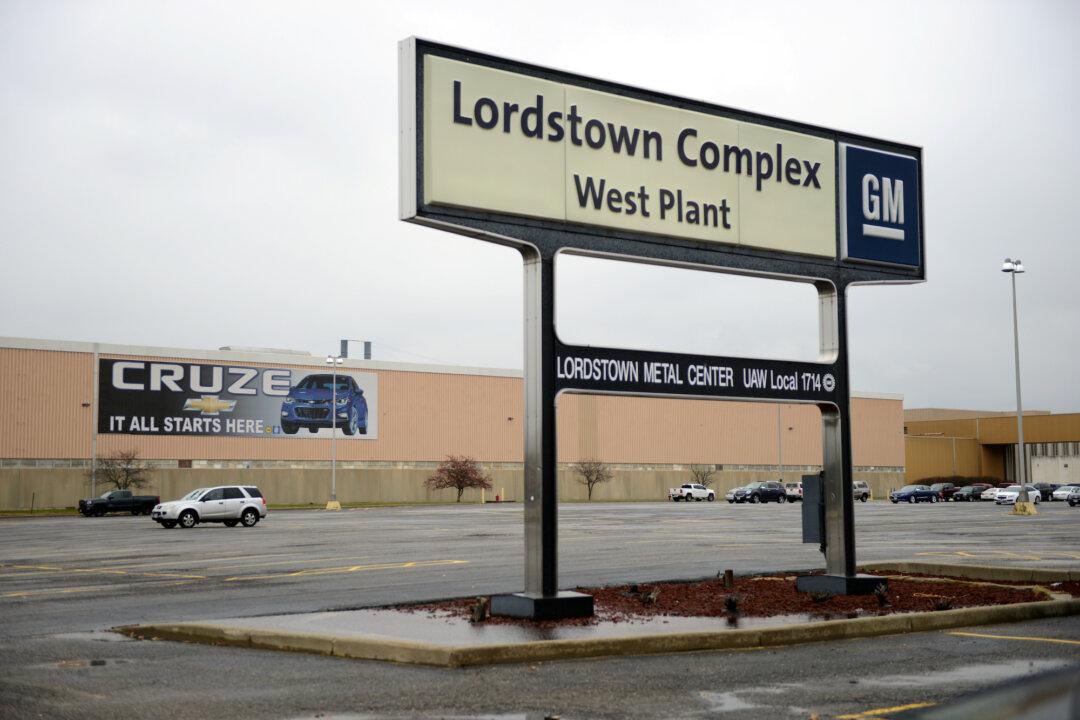Union workers at a General Motors electric vehicle plant have been complaining of safety issues.
Workers at a GM Ultium electric vehicle plant confronted caught a defective battery on fire late last month, reported the Financial Times.

Union workers at a General Motors electric vehicle plant have been complaining of safety issues.
Workers at a GM Ultium electric vehicle plant confronted caught a defective battery on fire late last month, reported the Financial Times.